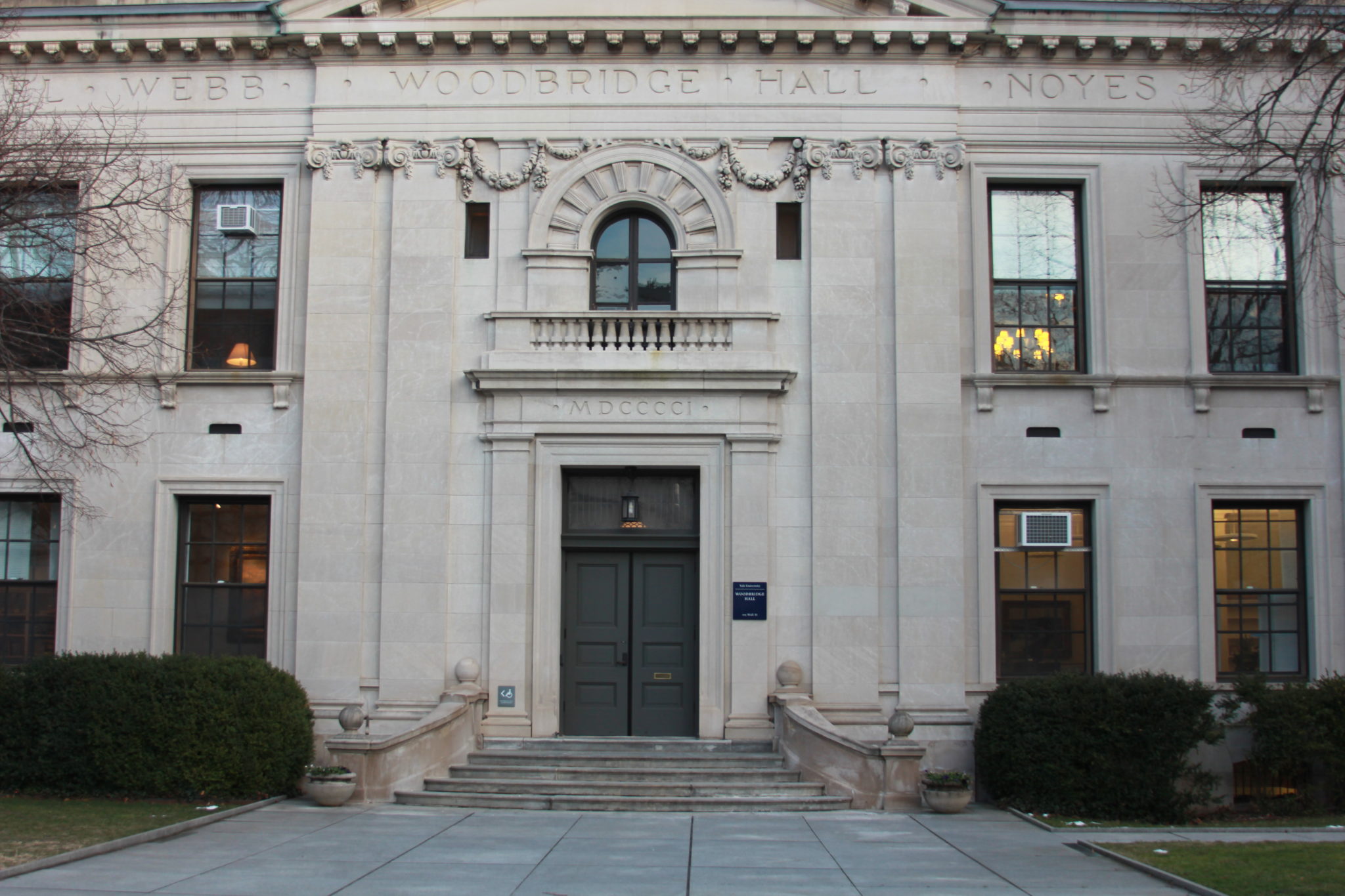
Surbhi Bharadwaj
As the University endowment reaches a record high, administrators are grappling with the impact of a new endowment tax on the operating budget, a reality that became all the more clear as the University released its annual endowment returns last month.
The 1.4 percent excise tax on annual endowment returns was enacted in the 2018 federal budget bill and targets 35 colleges and universities with assets greater than $500,000 per full-time student. Yale, with assets that total $2 million dollars per enrolled student, will have to pay an estimated $30.8 million on its 2018 endowment returns, based on calculations by the News. The new tax on what were previously tax-exempt institutions takes effect for fiscal years beginning after Dec. 31, 2017.
“The federal government is still in the process of clarifying a number of the provisions of this new law,” Vice President for Finance Steve Murphy told the News. “While this means we do not know the impact with certainty, a number of items will negatively impact the University’s finances — including the [endowment tax]. We are actively monitoring and planning for the implementation of this new law.”
University President Peter Salovey had lobbied members of congress, advocating against the provision in the 2018 budget bill. But the House and Senate passed the tax last December. In an interview with the News in January, Salovey said that while “budgeting always involves trade-offs,” Yale administrators — including University Provost Ben Polak and Murphy — would still maintain the University’s mission. In a statement to the News, Director of Financial Aid Caesar Storlazzi said the financial aid office will face no immediate consequences by the new tax bill.
Polak and University spokesman Tom Conroy did not respond to requests for comment.
Still, the Treasury Department has not yet released guidelines on how universities should file their taxes, creating some uncertainty as to the magnitude of the tax’s impact.
Charles Skorina, an expert on endowments, told the News that the 1.4 percent tax will inevitably pose budgeting challenges for universities and potentially detract from tuition support, hospital spending and salaries, among other areas. Since Yale New Haven Health System’s budget is separate from that of the University, the endowment tax will not affect hospital spending, in Yale New Haven Hospital’s case.
Yale New Haven Health System (YNHHS), which includes Yale New Haven Hospital, is a legal entity separate from Yale University. YNHHS and the Yale School of Medicine collaborate extensively to provide patient care but their finances (and budgets) are separate.”
“The tax will affect the school, and it is up to administrators to make the uncomfortable and unfortunate decision about how and where to cut the budget,” Skorina said.
Still, Murphy said that the University’s endowment spending policy includes an allowance for inflation and taxes to accommodate such costs. Despite the absence of federal guidelines for the new tax, Yale administrators are allocating the budget based on their “understanding of how the tax might work.”
According to Robert Kelchen, an expert on higher-education finance and an assistant professor at Seton Hall University, it is too early to tell whether universities have adjusted their budget in response to the new tax.
Without federal guidance from the Treasury Department, most universities may behave “conservatively” by setting aside funds to pay the tax, Kelchen said. These funds may come from the endowment or by cutting expenses elsewhere. But, in contrast to other universities, Yale can more easily make adjustments with a $29.4 billion endowment, Kelchen added.
“Given how profitable Yale is, I don’t expect the University to need to cut student aid or athletics to pay the tax,” Kelchen said.
Yale’s endowment returned $2.2 billion last fiscal year, the Investments Office announced in October.
Serena Cho | serena.cho@yale.edu and
Lorenzo Arvanitis | lorenzo.arvanitis@yale.edu .
Clarification, Nov. 9: The story has been updated to reflect the fact that the University and Yale New Haven Health Sytem’s budgets are separate, meaning that the new endowment tax will not affect the budget or spending of Yale New Haven Hospital.







